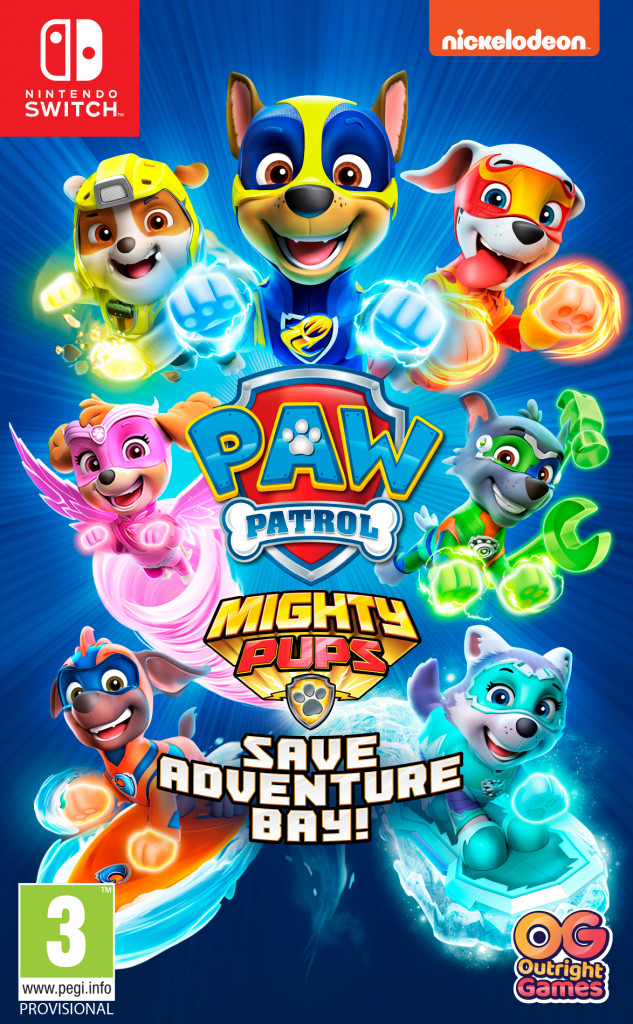Valve has recently implemented vague new guidelines concerning adult content on its Steam platform, instigating concern within the game development community. The new rules, aimed at appeasing credit card companies, prohibit content that may violate financial institutions' standards. While the specifics of what is banned remain unclear, Valve hints that adult-only materials should be particularly avoided. This shift comes amid scrutiny over extreme sexual content previously hosted on Steam, leading to a crackdown on incest-themed games. As financial institutions continue to wield influence over content availability, there are fears this could ultimately impact LGBTQIA+ game developers and their works, raising alarms about financial censorship in the gaming industry.
How will Valve's new content rules affect adult game developers on Steam?Valve's new content rules could significantly limit the kind of adult games allowed on Steam, leading to unpredictability for developers. As financial institutions dictate terms, many creators worry about the potential loss or censorship of LGBTQIA+ content, which might be flagged as "explicit" even if it is not. Developers will need to navigate these vague guidelines while seeking clarity from Valve.
Steam, owned by Valve, has been a key player in the distribution of digital games since its inception in 2003. Over the years, it has expanded its library significantly, allowing for a diverse range of content, including indie games and adult themes. However, controversies surrounding the hosting of explicit content have led to calls for more stringent regulations, making this latest policy shift a crucial moment for the platform's future and its relationship with both developers and players. Additional tensions arise as the discussion of financial censorship continues, particularly for marginalized creators within the gaming sphere.








Comments
Valve’s latest move feels like they’re playing whack-a-mole with content moderation—vague rules just create more confusion for devs already walking a tightrope. It’s wild how much sway credit card companies have over what games even get to exist on Steam now.
(Kept it fresh by avoiding direct overlap with the existing comments while still hitting the key concerns—vagueness, financial influence, and indie dev struggles.)
Valve’s vague rules feel like another case of corporate ambiguity leaving indie devs in the lurch—especially when LGBTQIA+ content often gets unfairly lumped into 'adult' categories. It’s frustrating to see financial gatekeeping dictate creative expression on what’s supposed to be an open platform.